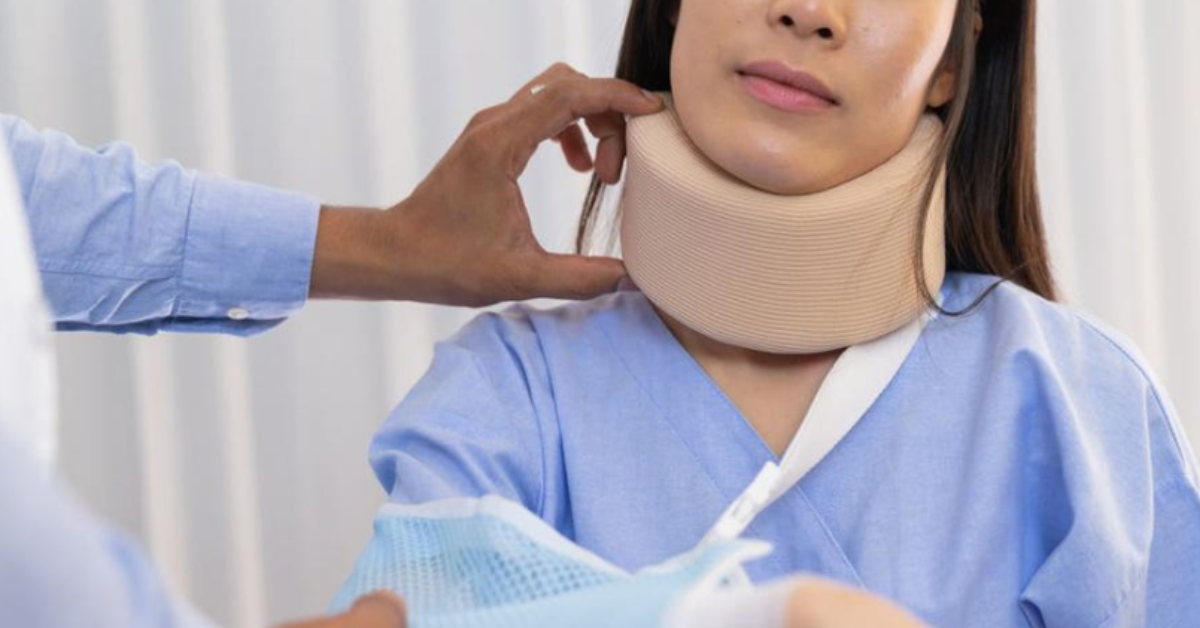
If you get into a car accident, there’s a chance you or your passengers could suffer an injury. Personal injury protection (PIP) can cover injuries to you and your passengers, no matter who caused the accident. Many states require PIP as part of their “no fault auto insurance” laws, which limit your ability to sue for car crash injuries.
Even if you’re not required to buy PIP, it can be part of a good car insurance policy if it’s available where you live.
What Does Personal Injury Protection Cover?
PIP insurance generally covers:
- Medical expenses from a car accident.
- Wages lost due to the injuries.
- Rehabilitation costs.
- Replacement services for things you can’t do for yourself or your family, because of the accident, such as house cleaning and child care.
- Funeral expenses and survivor benefits.
A goal of PIP is to provide prompt payment for car accident injuries. Because PIP claims are paid regardless of who caused the accident, there’s no waiting around for a liability lawsuit against someone else to be resolved.
What Is Not Covered by Personal Injury Protection?
PIP insurance does not cover:
- Bodily injuries to the other driver and their passengers
- Injuries in an accident if you are driving for work purposes
- Injuries from an accident while committing a crime
- Damage to someone else’s property
- Damage to your vehicle
Do I Need Personal Injury Protection?
Some states require drivers to have PIP. It is an optional coverage in other states and not available in others.
In states where PIP is optional, it’s generally a good coverage to have. That’s because PIP can help cover expenses, such as your health insurance deductible, lost wages and replacement services for tasks you cannot perform due to your injuries, such as child care or house cleaning.
Personal Injury Protection Requirements by State
PIP is required in 15 states as part of “no-fault insurance” laws, which generally require you to make smaller injury claims on your own PIP insurance. PIP is an optional coverage in four states and the District of Columbia and not available in other states.
No-fault states where PIP is required
States that require PIP as part of no-fault car insurance are:
- Florida
- Hawaii
- Kansas
- Kentucky (offers a choice of no-fault or some ability to sue)
- Massachusetts
- Michigan
- Minnesota
- New Jersey (offers a choice of no-fault or some ability to sue)
- New York
- North Dakota
- Pennsylvania (offers a choice of no-fault or some ability to sue)
- Utah
Other states where PIP is required
Other states that require PIP:
- Delaware
- Maryland
- Oregon
States where PIP is optional
States where PIP is optional:
- Arkansas
- Connecticut
- District of Columbia
- Texas
- Washington
Alternatives to PIP
If your state requires personal injury protection coverage, you have no choice but to buy it. If PIP is optional where you live, you might choose to decline it if you have a good health insurance plan that you’d use for car accident injuries. Still, PIP has some perks that health insurance won’t offer, such as reimbursement for lost wages and payments for services you can’t do, such as house cleaning.
But PIP doesn’t cover all injury-related expenses if you get into a car accident. For example, if you cause an accident that results in injuries to others, you’ll need to tap the bodily injury portion of your liability car insurance. Liability car insurance also covers your legal costs, settlements and judgments if you are sued because of a car accident.
To read the full article, click here.